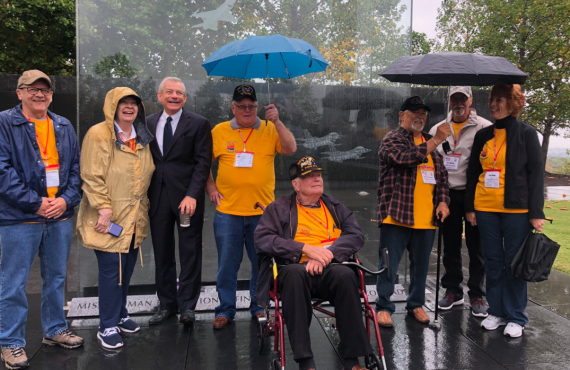Congressman David Schweikert (R), representing Arizona’s 1st District, on what he was doing on September 11, 2001, and his recent…
Thank you to all the men and women who have so honorably served this nation.
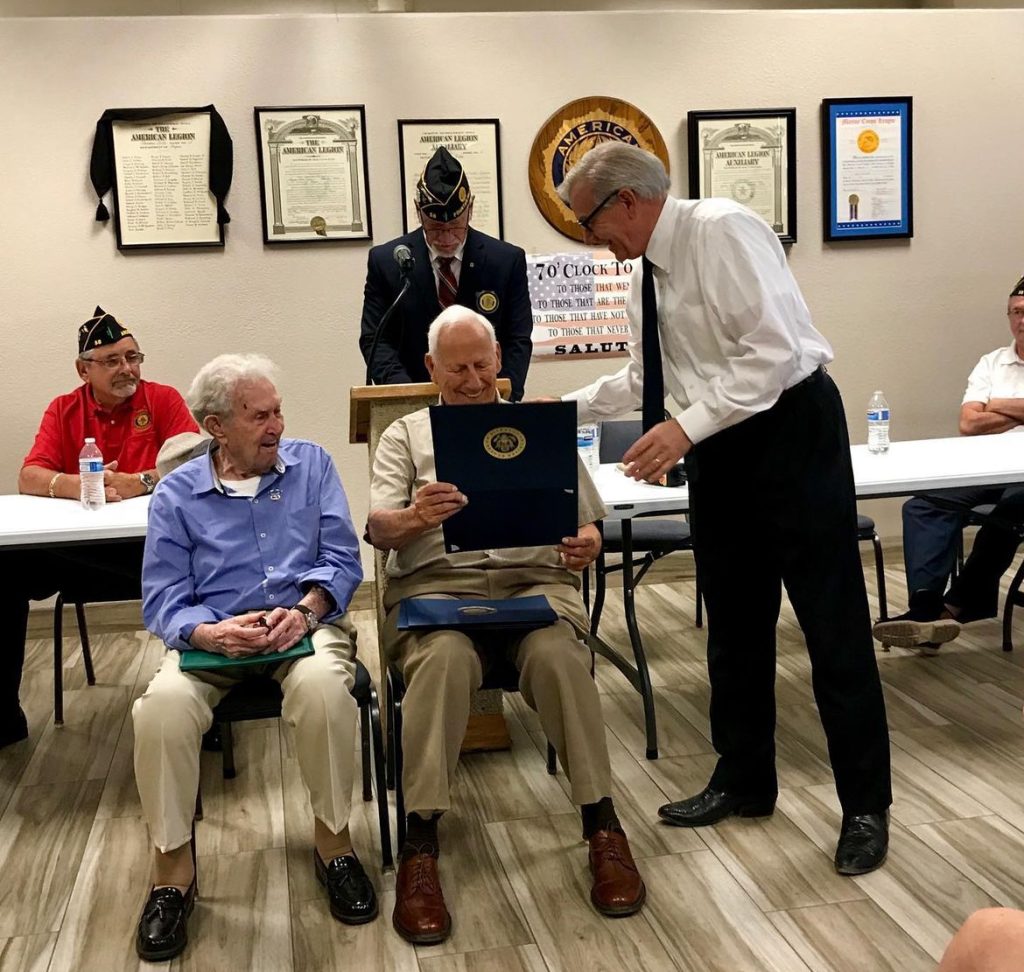
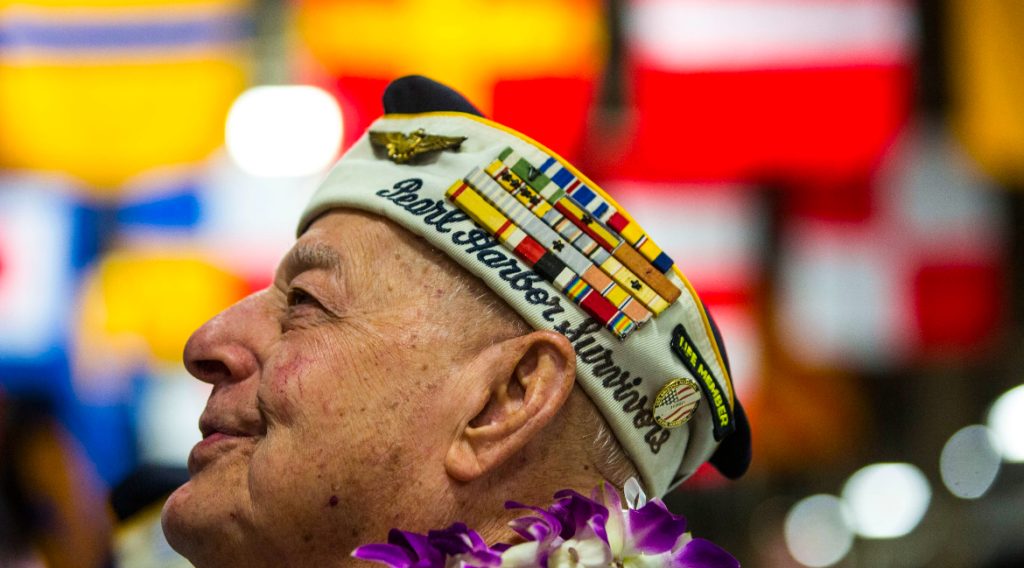
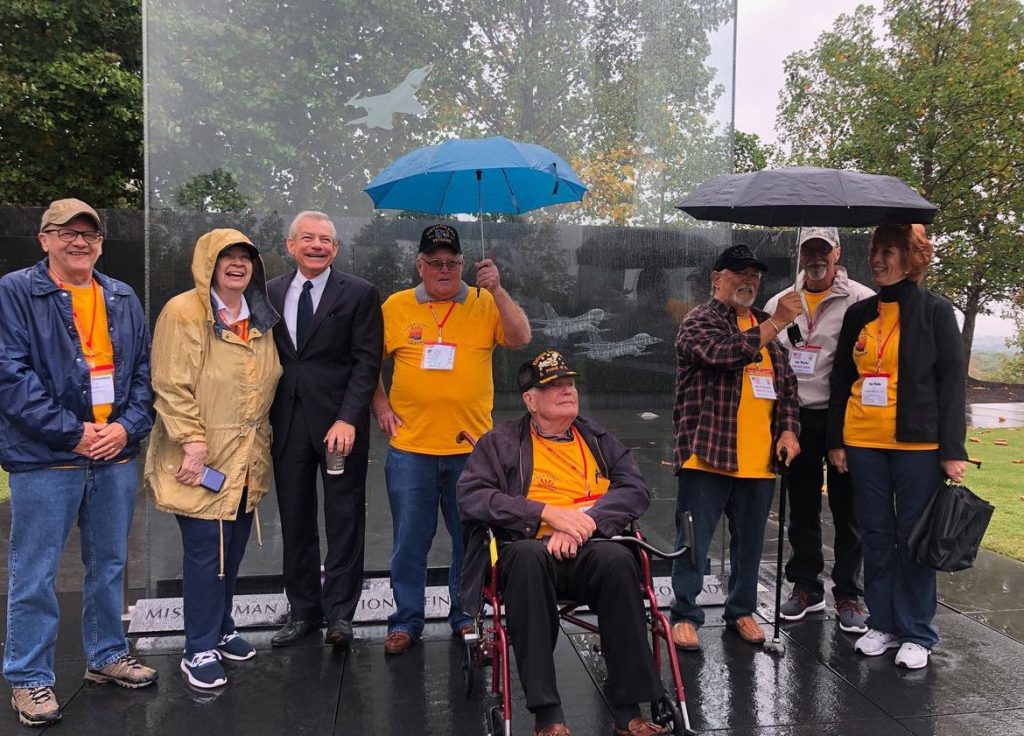
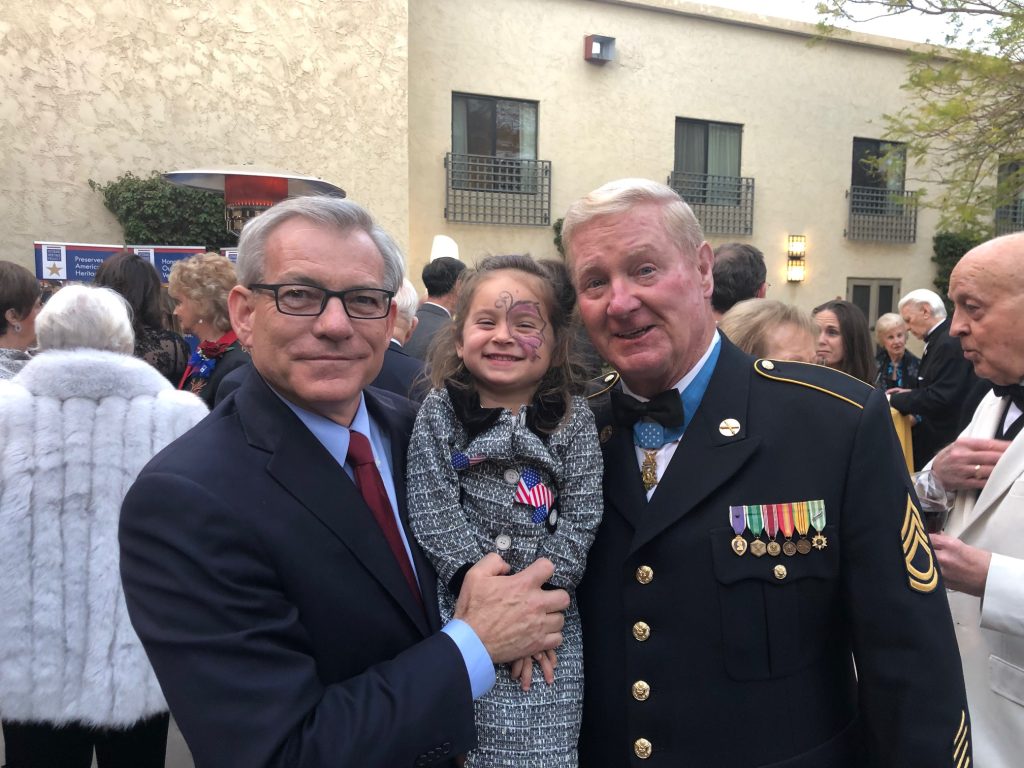

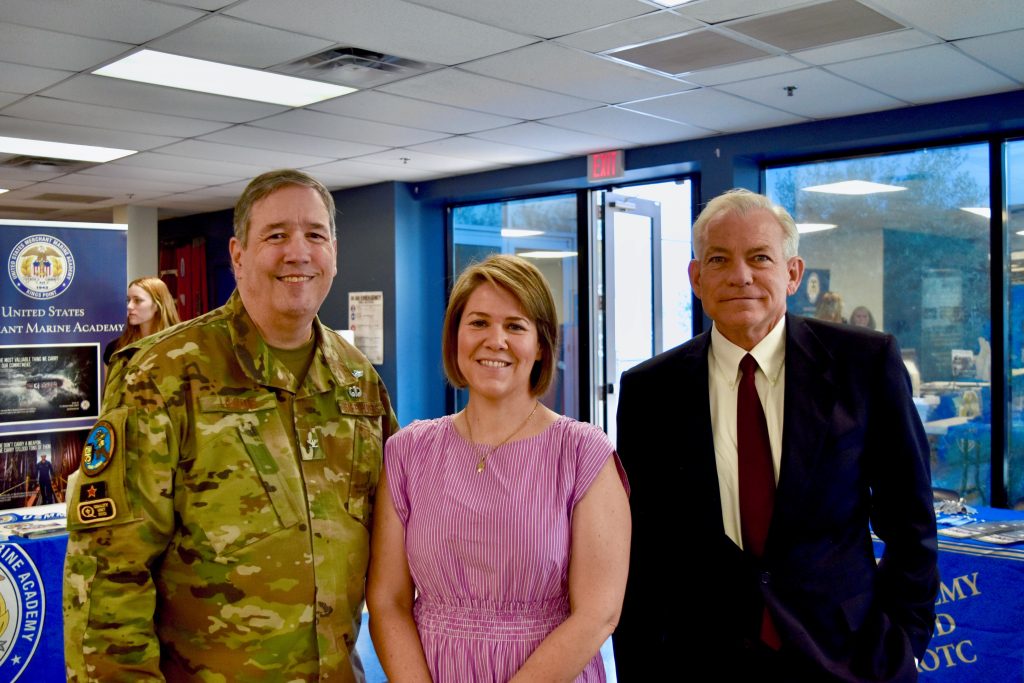
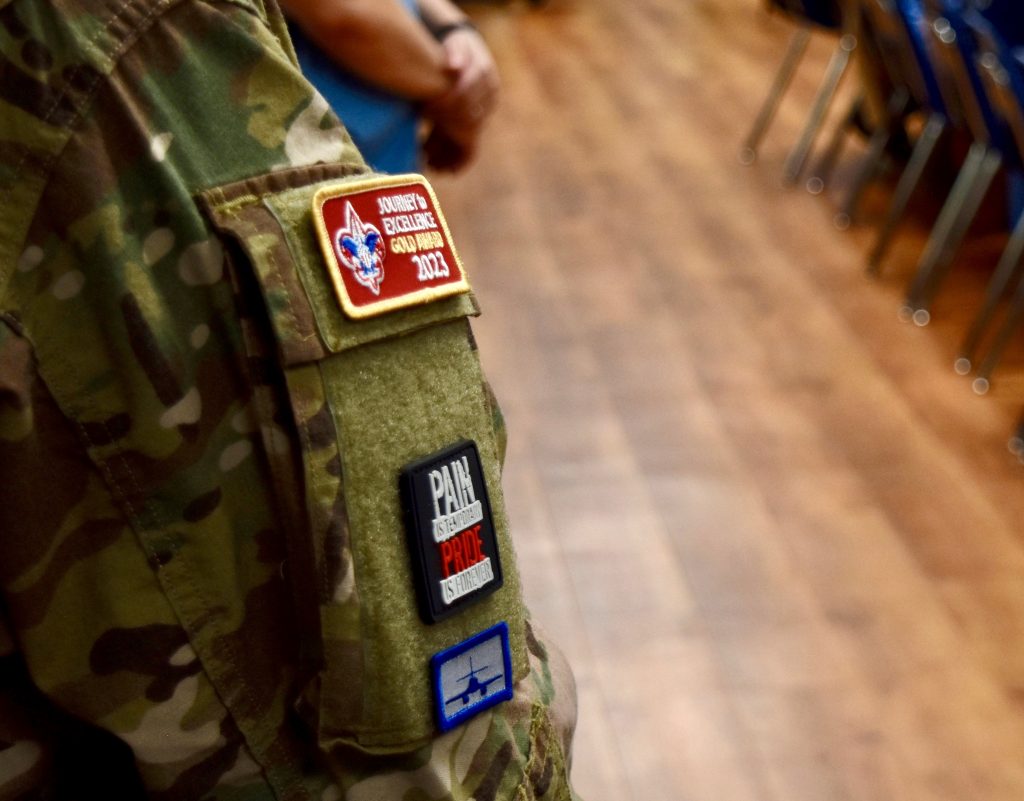

Arizona is home to one of the largest populations of veterans in the country. In recent years, our veteran community has been shaken due to poor management by the Department of Veteran Affairs. Regrettably, our Phoenix VA was ground-zero for many of the wait-time manipulations that prevented our veterans and families from receiving the care they deserve. When our troops return from duty, I am committed to ensuring that they and their families have better access to healthcare, job assistance, and rehabilitation opportunities in the communities where they live.
Providing veterans with the resources needed to live independent and productive lives is a priority for me, especially for those returning from war, who have made great personal sacrifices. It is vitally important that services, including mental health resources, be available to support our veterans and their families.
I continue to push for increased accountability within the VA and will continue to do everything in my power to ensure our veterans receive the care they earned in a timely manner.
We must always honor our veterans for their service and sacrifice to our great nation. If you would like to memorialize a veteran, you can use this link.
H.R.5641, the Pay Our Troops Act
To make continuing appropriations for military pay in the event of a Government shutdown.
H.R.7048, the Protect Lifesaving Anesthesia Care for Veterans Act of 2022
This bill prohibits the Department of Veterans Affairs (VA) from modifying its policy relating to anesthesia care in a manner that would provide any medical professional other than a physician anesthesiologist with full practice authority for the furnishment of anesthesia care to veterans under VA health care laws. The VA is also prohibited from finalizing, implementing, or enforcing the provisions relating to anesthesia care of the proposed rule titled Advanced Practice Registered Nurses (81 Fed. Reg. 33155), or any substantially similar rule.
H.R.6659, the Health Care for Burn Pit Veterans Act
This bill updates policies and procedures related to Department of Veterans Affairs (VA) health care and benefits for veterans who have been exposed to toxic substances.
Specifically, the bill extends the eligibility period for VA hospital care, medical services, and nursing home care for combat veterans who served after September 11, 2001, and were exposed to toxic substances, radiation, or other conditions, including those who did not enroll to receive VA care during the eligibility period.
The VA must incorporate into its existing health care screening a screening to help determine potential exposures to toxic substances during military service.
Among other requirements, the VA must also
- provide annual training to health care and benefits personnel with respect to veterans who were exposed to toxic substances;
- analyze total and respiratory disease mortality in veterans who served in specified locations on specified dates;
- conduct an epidemiological study on the health trends of veterans who served in the Armed Forces after September 11, 2001;
- conduct a study to determine trends in the rates of the incidence of cancer in veterans;
- publish a list of VA resources for veterans who were exposed to toxic substances, families and caregivers of such veterans, and survivors of such veterans who are receiving death benefits; and
- report on the data quality of the Individual Longitudinal Exposure Record and its usefulness in supporting veterans in receiving VA health care and benefits.
H.R.5142, To award posthumously a Congressional Gold Medal, in commemoration to the servicemembers who perished in Afghanistan on August 26, 2021, during the evacuation of citizens of the United States and Afghan allies at Hamid Karzai International Airport, and for other purposes.
This bill posthumously provides for the award of a Congressional Gold Medal in commemoration of the 13 service members who died on August 26, 2021, while stationed at Hamid Karzai International Airport in Afghanistan.
H.R.3134, the Combatting Racist Training in the Military Act of 2021
This bill prohibits the Armed Forces and academic institutions of the Department of Defense from promoting specified anti-American and racist theories (e.g., that any race is inherently superior or inferior to any other race).
Specifically, the bill prohibits
- including anti-American and racist theories or materials in curricula, reading lists, seminars, workshops, trainings, or other educational or professional settings in a manner that could appear as sponsorship, approval, or endorsement;
- contracting with, hiring, or otherwise engaging speakers, consultants, diversity trainers, and other persons for the purpose of advocating anti-American and racist theories;
- compelling members of the Armed Forces to affirm or profess belief in anti-American and racist theories; and
- segregating members of the Armed Forces by race in any setting, including educational and training sessions.
H.R.1448, the PAWS for Veterans Therapy Act
This bill implements a program and a policy related to service dog therapy for veterans. Specifically, the bill requires the Department of Veterans Affairs (VA) to implement a five-year pilot program to provide canine training to eligible veterans diagnosed with post-traumatic stress disorder as an element of a complementary and integrative health program. Eligible veterans are those who are enrolled in the VA health care system and have been recommended for participation by a qualified mental health care provider or clinical team.
The VA must seek to enter agreements containing specified elements with accredited nongovernmental entities that have demonstrated ability to provide canine training.
Veterans who participate in the program are authorized to adopt the dog they assisted in training if their health provider determines it is in the best interest of the veteran.
The VA must establish processes to document and track the progress of participating veterans with respect to health benefits and improvements.
The Government Accountability Office must brief Congress and submit a report on the program.
The bill also authorizes the VA to provide service dogs to veterans with mental illnesses, regardless of whether they have a mobility impairment.
H.R.707, the Ghost Army Congressional Gold Medal Act
This bill directs the Speaker of the House of Representatives and the President pro tempore of the Senate to award a Congressional Gold Medal to the 23rd Headquarters Special Troops and the 3133d Signal Service Company, known as the Ghost Army, collectively, in recognition of its service during World War II.
H.Res.450, Calling upon all Americans on this Memorial Day, 2021, to honor the men and women of the Armed Forces who have died in the pursuit of freedom and peace.
This resolution calls on the people of the United States to observe Memorial Day to honor the men and women who died in the pursuit of freedom and peace.
H.R.5605, the United States-Israel PTSD Collaborative Research Act
This bill establishes a grant program for collaborative efforts between the United States and Israel to advance research on post-traumatic stress disorders.
The Department of Defense, in coordination with the Department of Veterans Affairs and the Department of State, shall award grants to eligible academic institutions or nonprofit entities in the United States.
Work shall be conducted by the eligible entity and an entity in Israel under a joint research agreement.
H.R.4983, To designate the Department of Veterans Affairs community-based outpatient clinic in Gilbert, Arizona, as the Staff Sergeant Alexander W. Conrad Veterans Affairs Health Care Clinic.
H.R.3495, the Improve Well-Being for Veterans Act
This bill requires the Department of Veterans Affairs (VA) to award grants for a period of three years to eligible entities for the provision of suicide prevention services to veterans and their families. Under the bill, eligible entities include tribally designated housing entities, community-based organizations, and other private entities that meet certain requirements.
Entities must submit an application to receive financial assistance that includes a description of the services they propose to provide, among other elements.
The bill requires the VA to equitably distribute grants across geographic regions and areas with the most need. Additionally, the VA shall give preference to entities that are experienced in providing suicide prevention services.
Entities receiving funding must notify service recipients that funding is wholly or partially from the VA.


